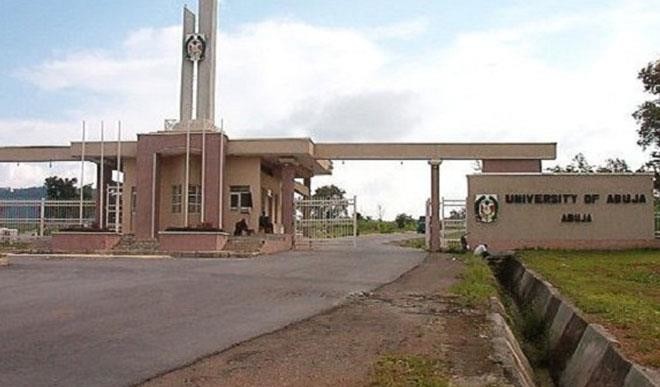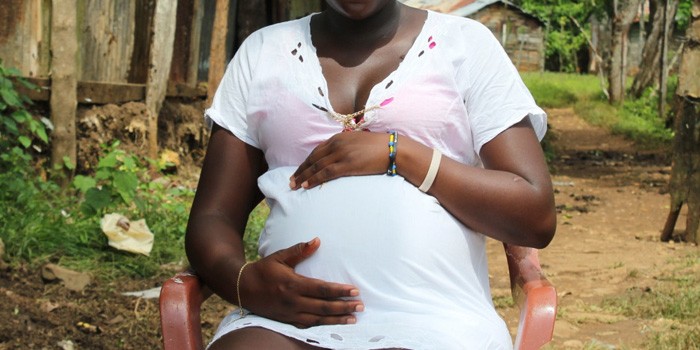Declaración del XII Encuentro de la Red de Intelectuales, Artistas y Movimientos Sociales en Defensa de la Humanidad “Venezuela en la Encrucijada: Nuevos Tiempos, Nuevos Desafíos
Los pueblos de nuestra América sufren la ofensiva de recolonización conservadora por parte del imperialismo y las oligarquías locales. Se pretende barrer todas las conquistas de los procesos progresistas regionales en el campo de la justicia social, la soberanía, la integración y la gestación de un auténtico poder popular.
En este contexto, Venezuela es un blanco principal, tanto por sus enormes riquezas como por la amenaza que representa su ejemplo de esperanza.
La Revolución Bolivariana se sometió en diciembre de 2015 a un proceso electoral bajo presiones de toda índole. Se lanzó contra el pueblo venezolano una guerra económica, mediática y psicológica, y se utilizaron métodos desestabilizadores violentos con el empleo de agitadores a sueldo, sicarios y paramilitares. La crisis mundial y el desplome inducido de los precios del petróleo, agravaron dramáticamente la situación. El decreto imperial que califica a Venezuela como una amenaza “inusual y extraordinaria para la seguridad nacional de los Estados Unidos”, sumó un nuevo factor al clima coercitivo que ya se venía creando.
Tras los resultados electorales, se ha puesto en marcha un plan siniestro y bien elaborado que persigue el derrocamiento del gobierno del Presidente elegido legítimamente por el pueblo, Nicolás Maduro Moros, y la destrucción de cuanto tenga que ver con la obra revolucionaria, sus relevantes logros sociales y los ideales del Comandante Hugo Chávez Frías.
La Venezuela revolucionaria aplicó por primera vez la distribución de la renta petrolera en bien de las mayorías y, ante las adversidades y obstáculos más graves, se ha empeñado en mantener las políticas sociales en beneficio de los pobres. Ha emprendido audaces y muy complejas tareas para solucionar los problemas estructurales de la nación y ha logrado preservar la paz y la estabilidad. Trabaja por aglutinar las fuerzas patrióticas y bolivarianas bajo la unión cívico-militar coherente con la historia libertaria de la nación. Continúa enfrascada en la lucha sin tregua contra la corrupción y el burocratismo, el fortalecimiento de las comunas y el reconocimiento de los derechos de los pueblos originarios y afrodescendientes, y de la naturaleza.
Los integrantes de la Red de Intelectuales, Artistas y Movimientos Sociales “En Defensa de la Humanidad” ratificamos nuestra solidaridad con la Revolución Bolivariana. Exigimos la derogación inmediata del infame decreto del gobierno estadounidense contra Venezuela. Repudiamos el hostigamiento de la reacción y la censura para acallar la digna voz de Telesur. Rechazamos leyes como la que el pueblo ha llamado certeramente “de amnesia criminal” o “del auto perdón” para quienes con sus acciones sediciosas causaron y continúan causando muerte y dolor a muchas familias venezolanas, lo que equivaldría a legalizar la impunidad.
Para que América Latina y el Caribe pueda ser en efecto una “zona de paz”, como proclamó la CELAC, es imprescindible frenar de manera definitiva los intentos golpistas contra el gobierno bolivariano y preservar el orden constitucional. Hacemos nuestro el espíritu ecuménico, humanista e inclusivo del Congreso de la Patria.
Convocamos a una amplia movilización en defensa de la soberanía y la autodeterminación del pueblo venezolano y en apoyo a todos los gobiernos, líderes y activistas progresistas de la región, que están siendo víctimas de una verdadera cacería por la reacción interna y el Imperio. Un proceso similar al Plan Cóndor está en marcha en América Latina, cuando se recrudece la persecución a todos los que luchan por objetivos emancipadores.
La RED rechaza enérgicamente todo intento de golpe de Estado en Brasil y el uso faccioso de la justicia para criminalizar a dirigentes políticos populares, como Dilma Rousseff, Lula da Silva y Cristina Kirchner. Llamamos a concentrarse frente a las Embajadas de Brasil en el mundo, en solidaridad con el gobierno brasileño y en repudio a los intentos golpistas y la represión paramilitar contra el Movimiento de los Sin Tierra. Repudiamos el cobarde asesinato de Berta Cáceres, dirigente del pueblo Lenca de Honduras, y nos pronunciamos por la liberación de la luchadora indígena Milagro Sala, de la Argentina, y por la del independentista puertorriqueño Oscar López Rivera, quien cumple prisión desde hace 35 años. Apoyamos las demandas de justicia por el crimen de Estado contra los 43 estudiantes de Ayotzinapa. Condenamos el paramilitarismo en Colombia y el asesinato de 120 militantes de Marcha Patriótica en el último año, como un serio obstáculo contra los afanes de paz de ese pueblo hermano.
La RED censura la tentativa de enlodar la autoridad política y ética del presidente de Bolivia Evo Morales, uno de sus miembros fundadores, a través de una estrategia de manipulación y mentiras. Expresa su apoyo al presidente de Ecuador Rafael Correa a quien se le ha tratado de derrocar y es hostigado de forma persistente. Condena los intentos de utilizar la delincuencia común con fines políticos para desestabilizar el gobierno de El Salvador.
Construyamos juntos una plataforma, con una agenda común, de medios de comunicación antihegemónicos, que incluya Telesur y otros canales públicos, sitios digitales, redes sociales, agencias de noticias y emisoras comunitarias. Es vital contribuir al enriquecimiento espiritual de los seres humanos a través del arte ajeno a la dictadura del mercado, y crear a escala de masas, sobre todo en las nuevas generaciones, una nueva cultura opuesta al consumismo, que contribuya a la formación de un sujeto social no manipulable, solidario y crítico, que se resista al asesinato u olvido de nuestra memoria, patrimonio identitario y conciencia histórica.
Como diría un poeta nuestro, “un pueblo que se hace fuerte a través de su lenguaje y de sus actos libres, es una amenaza para el Imperio y es el amanecer para la Humanidad”.
Caracas, 11 de abril de 2016
Red de Intelectuales, Artistas y Movimientos Sociales en Defensa de la Humanidad













 Users Today : 22
Users Today : 22 Total Users : 35460846
Total Users : 35460846 Views Today : 36
Views Today : 36 Total views : 3420113
Total views : 3420113